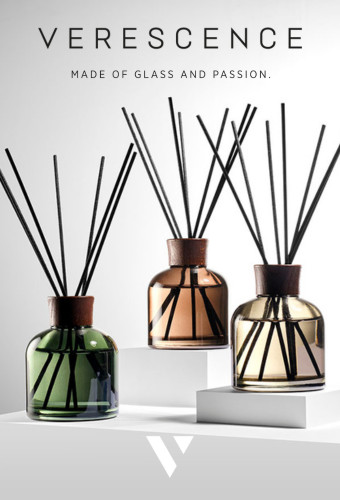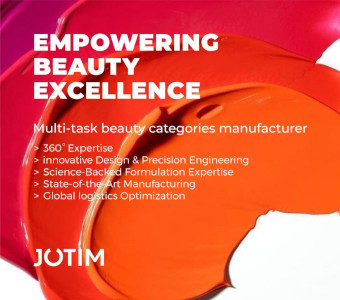
As far as air pollution is concerned, the situation in European urban areas may be better than in big Asian cities. However, air pollution is a public health concern here too and public campaigns about the dangers of pollution are clearly having an effect on consumer awareness. According to Mintel, “only 4-7% of consumers in France, Germany and Italy believe pollution is not an issue in their country”.
Despite the high level of concern, anti-pollution new product development (NPD) in Europe’s beauty and personal care market is stagnating, Mintel finds. Data from Mintel Global New Products Database show that anti-pollution products accounted for 1.3% of European beauty and personal care launches in both 2015 and 2016, and fell slightly to 1.2% of launches in January-May 2017. In contrast, Asia Pacific saw anti-pollution launches grow from 1.2% in 2015 to 1.7% in 2016; in North America, the share rose from 1.3% to 1.4% over the same period.
Using clinical data to convince consumers
This situation may be linked to a lack of credibility of the benefits of anti-pollution in cosmetic products. “A third of German consumers say anti-pollution skincare products are of no use, and a quarter of French consumers don’t believe anti-pollution haircare has any validity,” points Mintel.
However, new data are now available, as testing agencies have worked on protocols that can evaluate anti-pollution protection. According to Vivienne Rudd, beauty brands now have valuable scientific tools to convince sceptical consumers. Another useful innovation would be to move towards an on-pack anti-pollution index mimicking SPF ratings.
“Beauty brands need to step up their launch activity, creating targeted formulations backed with compelling and meaningful marketing,” explains Vivienne Rudd.
Growth potential in haircare
While Mintel also sees potential growth in the anti-pollution haircare category, the market research firm notes that only few brands have created an anti-pollution haircare regimen. “Although NPD and category share doubled in Europe in 2016, anti-pollution products still represented just 1.1% of total haircare launches,” Vivienne Rudd writes.
Brands that launched anti-pollution haircare innovations includes Aveda, with the Pramasana range, Shu Uemura, with the Urban Moisture shampoo, conditioner, treatment and serum and Shea Moisture, one of the very few to add a styling component.
Commitment to sustainability
With the development of beauty products designed to combat pollution, there have been accusations that beauty brands are merely seeking to profit from pollution rather than help alleviate it. According to Vivienne Rudd, this creates “an opportunity for beauty brands to step up and take action” in this area. Recent initiatives from Shiseido or The Body Shop in order to emphasises their actions to reduce or eliminate emissions of greenhouse gases and other air pollutants thus contribute to change the image of the industry.
|
Mintel will present latest trends and product innovations related to environmental stress on the “Trend Zone” at the Cosmetic 360 trade show. Cosmetic 360 |



































